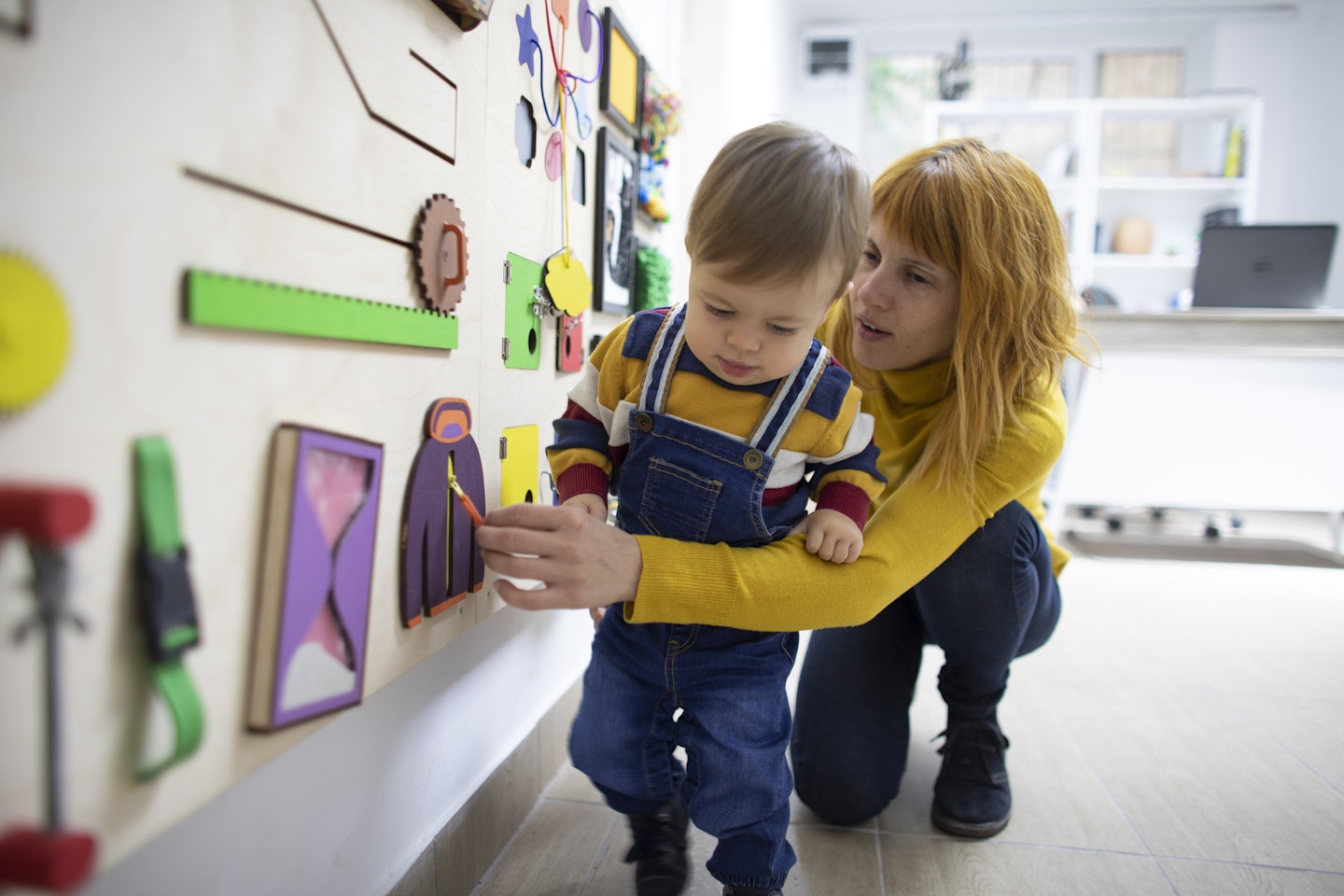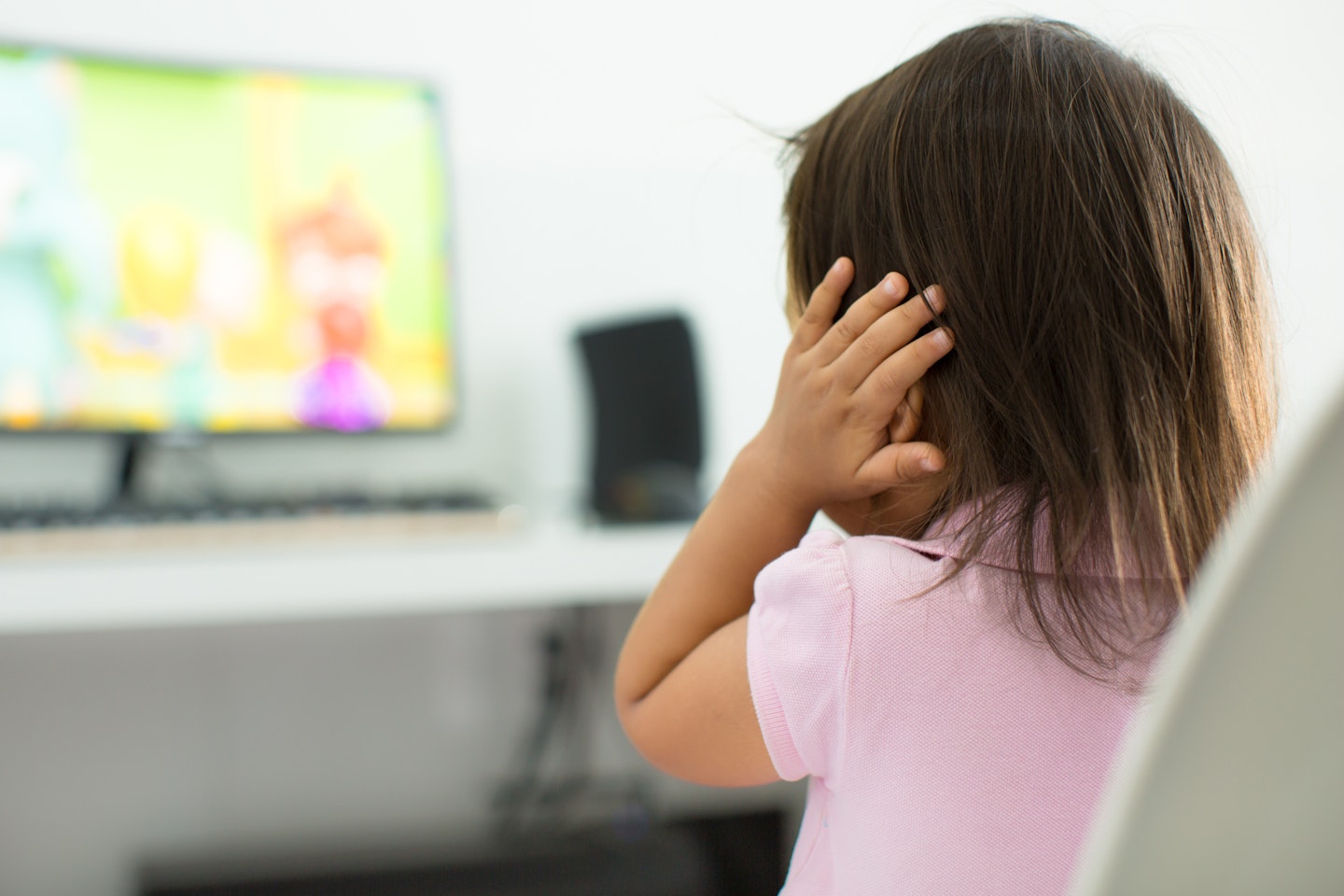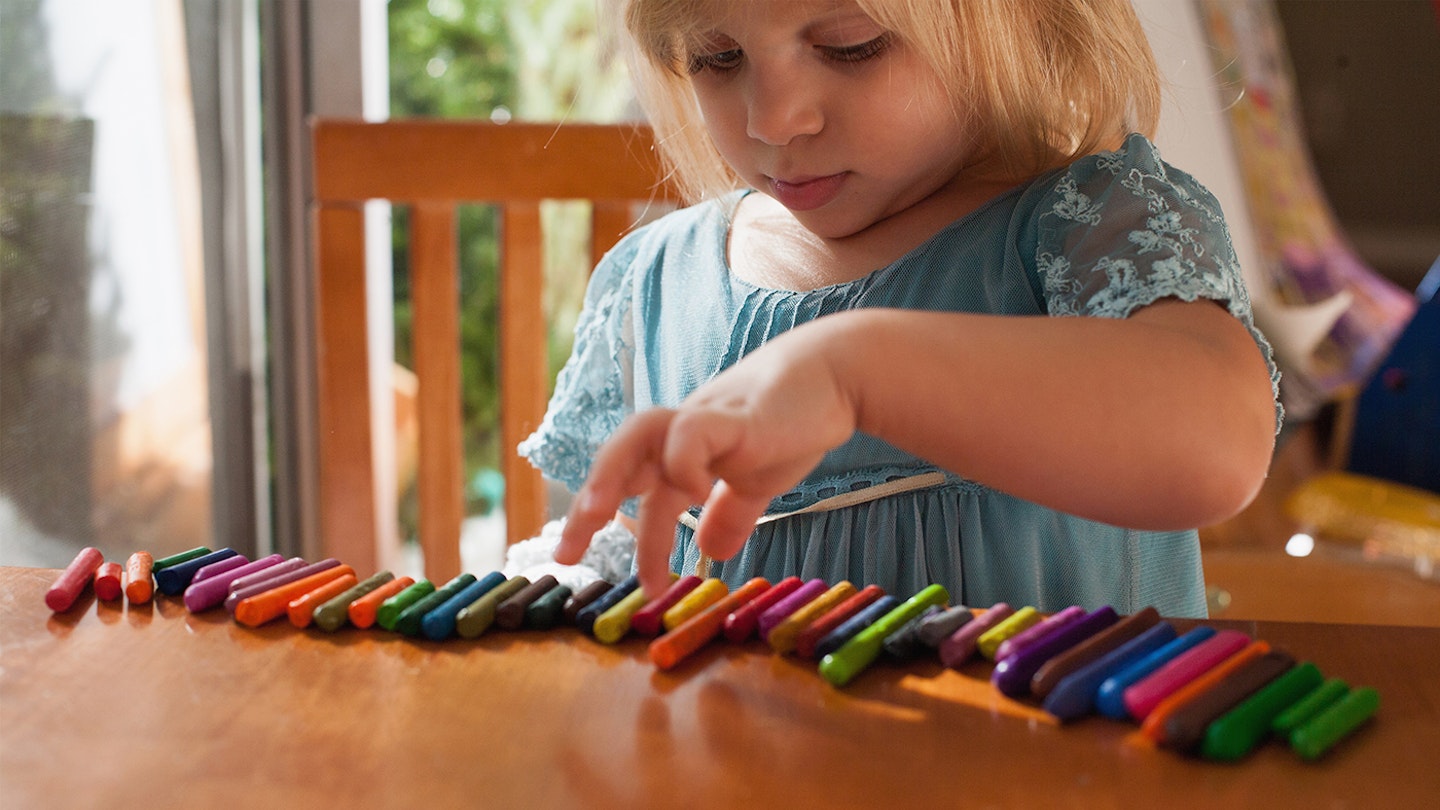Child autism is a developmental condition that affects how children interact and bond with others and the world around them. It is often diagnosed around the age of four, so it is important to know how to spot the signs of autism in toddlers and babies to give them the best support.
Early intervention can drastically improve the outcome for your child, as the brain is more malleable at a young age, meaning it is more likely to respond to therapies that can alter the course of autism. "Some people with autism are able to live relatively independent lives, but others may have other learning disabilities and need a lifetime of specialist support," says Dr Judith Flood, a clinical psychologist and director of the National Autistic Society’s Lorna Wing Centre.
Unfortunately, there is currently no medical test that can diagnose autism in children, so detecting autism with advice and tips on the condition relies on careful observations from family and friends.
What is autism?
Autism is a developmental disability that affects how a person communicates with and relates to other people and the world around them. "This means your child could have difficulty with social communication, interaction and childhood imaginative play," says Judith.
The condition is often associated with a need for rigidity and repetition. Your little one will want to control life through structure and routine. Things like Christmas time and other special occasions can be particularly difficult, as routine is often changed.
Thankfully there is a lot more now in place to help autistic children. Places like autism-friendly cinemas can help support you on days out.
There are also plenty of books and toys suitable for autistic children so you don't have to miss out on story time and playtime.
In a chat with Christine McGuinness, who is a mum to three autistic children, she explained that it's important for parents of autistic children not to put pressure on themselves.
"There are some things you've just got to accept that our children aren’t suitable for. Don't try and think that you've got to go on a summer holiday every year because that's what families do."

Are some children more likely to show signs of autism?
Experts have always known that children with autistic siblings are more likely to develop the disorder. In 2011, studies suggested siblings had nearly a 19 per cent risk of being diagnosed with the condition by age three.
The signs of autism in babies younger than 12 months
Spotting the signs of autism can vary because every child is different. The early signs of autism in babies you should be looking for include:
Your baby isn’t babbling yet: if, by 12 months, your baby is not making vowel and consonant combinations like “ba”, “da” and “gee”, this could be an early sign of autism.
Your baby isn’t pointing things out to you: whether this is to get your attention or show you what they want.
Your baby doesn’t show you objects: from looking back at early videos of children who have gone on to develop autism, experts have suggested that if your baby is not picking up objects to show you, this could be a warning sign.
Your baby does not enjoy playing or interacting with others: whether this is with their peers at nursery, or with you when you try to engage them in play.
Your baby is repeating the same action over and over again: autism is often recognised by repetitive behaviours. Most developing babies will do this to a certain extent, for example repetitively spinning the wheels on a toy car, but if you notice your little one doing this a lot, it could be something to talk to your GP about.
Your baby avoids your eye contact / doesn’t respond to their name: if your child is showing signs of struggling to communicate already, this could be an early sign of autism. Autistic children often do not have any hearing impairments, but have difficulties paying attention and understanding language, meaning they struggle to recognise their own name.
Your baby pays more attention to toys than people: this shouldn’t be confused with normal child development. All children will love playing with their toys, but if your child seems to spend more time interacting with objects than they do people, or play with a small number of their toys repetitively, this could be an early sign of autism.
Your baby doesn’t imitate sounds: if your little one is struggling to imitate you as you clap your hands, this could be a sign to address.
Signs of autism in toddlers
Some of the typical signs of autism in children between 18-24 months are:
Your toddler doesn’t want to be around other children
Your toddler struggles to share toys or interests with other children
Your toddler is overly aggressive
Your toddler has no interest in imaginative play such as dressing up
Your toddler appears to be losing their speech skills: approximately 20-50% of parents with autistic children report that their child lost some of their skills around 18 months of age.
Your little one may be obsessive about lining things up, collecting items or having a very strict personal routine. "Older children may struggle with jokes and the subtlety of sarcasm," says Judith. "However, children with autism will enjoy slapstick and obvious humour."
Another key issue that children with autism suffer from is sensory sensitivity. "Your toddler may hate loud noises or not enjoy being touched, or even cuddled, which can be heartbreaking for many mums," says Judith.
It’s worth noting, just because your little one displays some of these behaviours, doesn’t mean they are autistic. Autism is diagnosed when a child displays a number of symptoms that disrupt their ability to communicate and form relationships with those around them.
Are there medical tests for autism?

The only way to diagnose autism is by taking a full development history. "There are no biological markers, brain scan or blood test that can pick up the condition," says Judith. "However, a successful and speedy diagnosis is reliant on you or your partner picking up on problems with your toddler or child, and your GP to recognise symptoms and provide the right referral."
Mums often admit that they can tell from quite early on that their little one is different, so it’s important to bring it up with your GP if you’re worried.
"Once your toddler or child is referred – hopefully to a child development centre – they’ll have their development history taken and receive a full assessment from a speech and language specialist, psychologist and physiotherapist," says Judith.
What do I do if the referral is delayed?
The road to getting that all-important ASD diagnosis can be difficult. If you feel like your child is displaying symptoms, and are experiencing a delay in the clinical diagnosis, make the first steps to getting treatment.
Intervention during the preschool years will improve your child’s chances of overcoming the developmental delays that are characteristic of autism.
What is the treatment for autism?
There is no one specific method of treating your child if they have autism as it depends on each individual case. "However, many autistic children respond best when brought up in a structured environment where they can play to their strengths and have their weaknesses supported," says Judith.
The types of treatment vary based on your child’s needs. Early intervention will usually focus on the various aspects of your child’s development and can include:
Communication skills: helping your child communicate with those around them, as language skills are usually significantly delayed.
Social interaction skills: helping your child to understand other people’s feelings.
Imaginative play skills: helping your child to learn to use their imagination when it comes to play
Academic skills: to help your child gain the traditional skills they need, in support of what they are learning at nursery or school, such as reading and writing.
What is Asperger’s Syndrome?
Aspergers is part of the autism spectrum. ‘People with Asperger’s have similar problems to those with autism, but tend to be of average or above average intelligence and have fewer verbal problems,’ says Judith. ‘People with Asperger’s syndrome can find it harder to read the social signals that most of us take for granted such as gestures, facial expressions or tone of voice and struggle with social cues.’
Support available
• You can also find autism support groups via the NHS website or the National Autistic Society's services directory.
